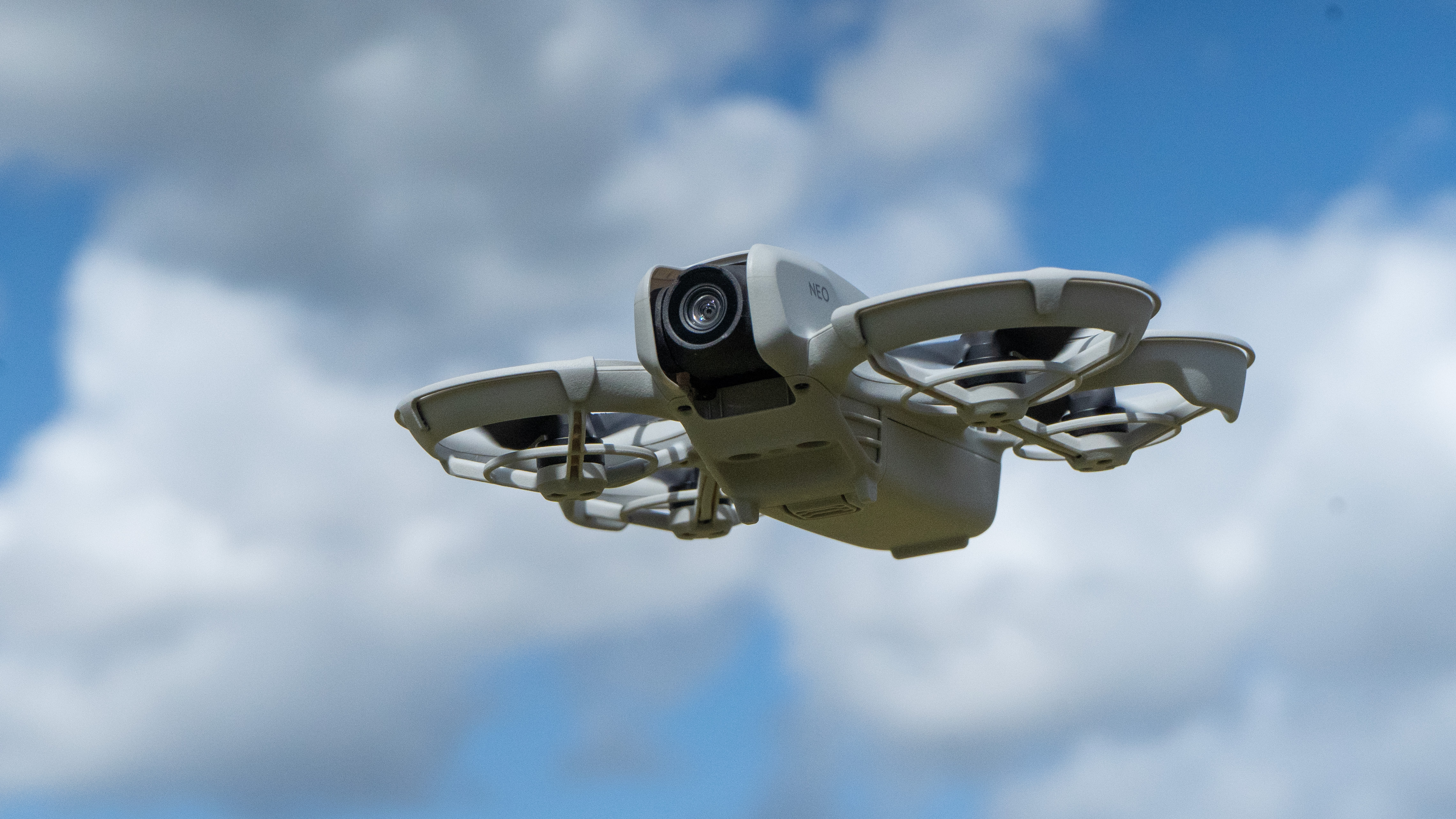
The Countering CCP Drones Act, a measure that aimed to ban the import of DJI and other China-made drones, was not among the measures inside the National Defense Authorization Act (NDAA) that the US Senate passed on Thursday, December 19. The absence of the act that would automatically ban DJI drones from import is likely a sigh of relief for many US drone pilots; however, the China-based drone company didn’t escape completely unscathed from the latest legislative session.
While the NDAA did not include the Countering CCP Drones act that some pilots feared, the legislation effectively gives DJI – as well as Autel – one year to pass a risk study before its import would be automatically banned in the US. The act requires China-manufactured drone companies to pass a risk assessment within one year. The NDAA has now passed through both sides of Congress and now heads to President Joe Biden’s desk, who is expected to sign the bipartisan act into law.
While DJI said it was pleased the legislation didn’t include an immediate ban, the company expressed concern over the NDAA’s drone-related provisions failing to name who would conduct the risk assessment beyond “an appropriate national security agency.”
“If no agency conducts a study to determine risk within one year, the legislation states that DJI and another Chinese manufacturer would automatically be added to the FCC’s Covered List,” the company wrote in a blog post. “This means that DJI would be prevented from launching new products in the US market through no fault of its own, but simply because no agency chose to take on the work of studying our products.”
The company also expressed concern that the legislation didn’t include a way to respond or mitigate any security flaws. “DJI deserves a right of response to any findings and an opportunity to fix any flaws that may be found and to discuss any additional security mitigations the designated agency recommends,” the company wrote.
DJI is asking congress to designate an agency, preferably one that is technology-focused, to handle the risk assessment, as well as giving the company the right to reply to any findings.
The NDAA wording, however, doesn’t specifically name “drones” as restricted if the companies do not pass the assessment in time, but “communications or video surveillance services,” suggesting that DJI’s action cameras and gimbal cameras could be banned from import if it fails to pass a risk assessment in time.
The NDAA also includes subsidiaries, affiliates and partners of DJI and Autel, which would prevent the companies from having a third-party manufacture the drones and cameras for the US.
The act would automatically add the drones and cameras to a list that would prevent the gear from being imported to the US in one year if the risk assessment is not conducted in time. However, the act also states that if the assessment finds “an unacceptable risk” then that ban would happen within 30 days.
As a licensed US Part 107 drone pilot of a DJI drone, the NDAA comes with some relief, yet extends the uncertainty over the company’s future in the US. DJI has a large share of the drone market, and the closest competitor that I’ve personally flown is Autel, who is also named in the same act. I suspect that, if DJI and Autel are banned in one year’s time, that will only drive drone prices up while leaving far fewer pro-grade options to choose from.
Even photographers who don’t fly could be affected, as DJI’s Osmo Pocket 3 gimbal camera is also a great tool for vlogging and video. Thankfully, the legislation doesn’t seem to affect current DJI owners but focuses instead on potentially restricting the sales of DJI drones in the future.
Photographers and filmmakers wouldn’t be the only ones affected by a potential DJI Ban. One study from Bard College showed that DJI was the most popular brand for drones used by first responders in the US.
You may also like
For more, browse our picks for the best drones, or the best DJI drone alternatives.







